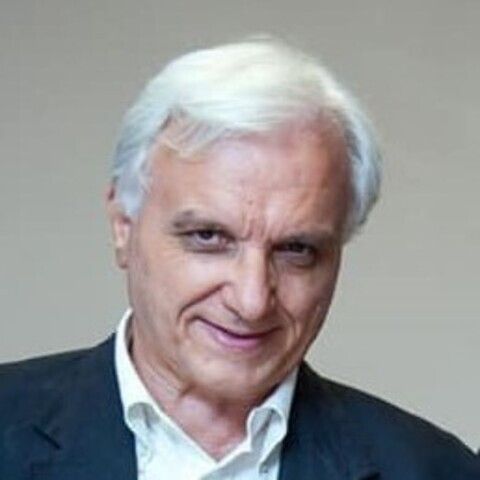Pagliacci, one of the most fascinating short operas in the repertoire, is a tragic story of betrayal and jealous murder. A typical verismo opera, based on the lives of real people and meant to stir visceral reactions, Pagliacci has been touching audiences since 1890.
Its dramatic climax is reached by means of a play-within-a-play device, when onstage and offstage the clowns are forced to laugh to make others laugh but are crying inside. Ruggero Leoncavallo, the author, was also the librettist, and the combination of literary skills and melodic inspiration makes his two-act opera a unique artistic and emotional experience.
The story was originally set in a rural village in Calabria, in the south of Italy, where on an open-air small stage a troupe of strolling actors of commedia dell’arte, cheered by villagers, arrives to perform a play that evening; they are suddenly shaken by mad passions which make their play real, thus resulting in a touching and tragic end.
In this production, which is brought back to San Carlo after the success in 2011, the action is set in a circus and all villagers are dressed up like clowns. Thus, not only the players are actors, but also the on-stage audience, the ordinary people of the village, are represented as part of a larger play. Director Daniele Finzi Pasca extends the concept expressed by the author in the Prologue: if the comedians are real people, real people are also comedians. The world is a circus and everybody is a clown.
The play famously begins with a Prologue, where Tonio the fool, dressed in a tailcoat like all the male characters, addresses the audience ("Si può?") to remind them that clowns are real people who experience joy and sorrow like anyone else.
The powerful music of the score is cemented in an unusual, unrealistic and quite shocking staging conception, which turns a typical story of love and jealousy into a transparent meditation on human condition where the water covering the stage in the second act plays an important role as the quintessential element of life. It is a ‘mise en scène’ which harmonically combines colours and lighting, dramatic development and acrobatic stunts.
Baritone Claudio Sgura played Tonio as a nasty man, whose disabilities have made him an evil – and eventually deadly – presence. Sgura performed the opera’s prologue intensely, and this production also restored to him the final line "La commedia è finita" ("The Comedy is over") which was originally written for Tonio, but usurped by Canio’s interpreters for more than a century.
Antonello Palombi was effective in the part of Canio, the jealous, diffident, and cruel man who punishes his wife’s infidelity with death. Canio is informed by Tonio (whose attempt to seduce Nedda, Canio’s wife, was rejected by her), that she is cheating on him. This is the most striking scene of the piece, when Canio, having found out about his wife's infidelity, sings his heartfelt aria “Vesti la giubba”: in this performance, the audience was completely wowed by Palombi’s rendition of the piece.
There is another baritone in the opera – Silvio, Nedda's lover, a character who needs a lighter vocal weight than Tonio. He sees the danger in which Nedda is, consoles her and plans to elope with her in a duet which contains some of the most gorgeous love music in all of opera. In this production, Luca Grassi made a fine impression as Silvio.
Greek soprano Alexia Voulgaridou was Canio’s wife, Nedda. She sang the part in a manner which was close to a true verismo opera type. In some passages the role of Nedda may need a lighter touch; for example, when she describes the birds in the first act. But all in all, she gave a good vocal rendition of the young and desperate wife, and displayed natural ease and comfort on the stage, and her high notes were all nicely rounded.
Turkish tenor Mert Sungu sang Beppe, the only member of the company who tries to cool down passions and hold everything together, even when he understands that all is ending in tragedy. His Arlecchino’s serenade "O Colombina" was captivatingly delivered.
The adult choir as well as the choir of treble voices of the San Carlo (trained respectively by Salvatore Caputo and Stefania Rinaldi) gave an overall focus and compactness to the sound that flattered both the conducting and the director's staging, with the the help of the bright and colourful costumes designed by Giovanna Buzzi. In particular, the bell chorus was a pleasure to hear.
The orchestra of San Carlo played very well, conducted by the 82 year-old Nello Santi, who showed great energy and intelligence, exploiting all the potential of the legendary acoustic of the theatre, in a way that has not been heard for a long time.


